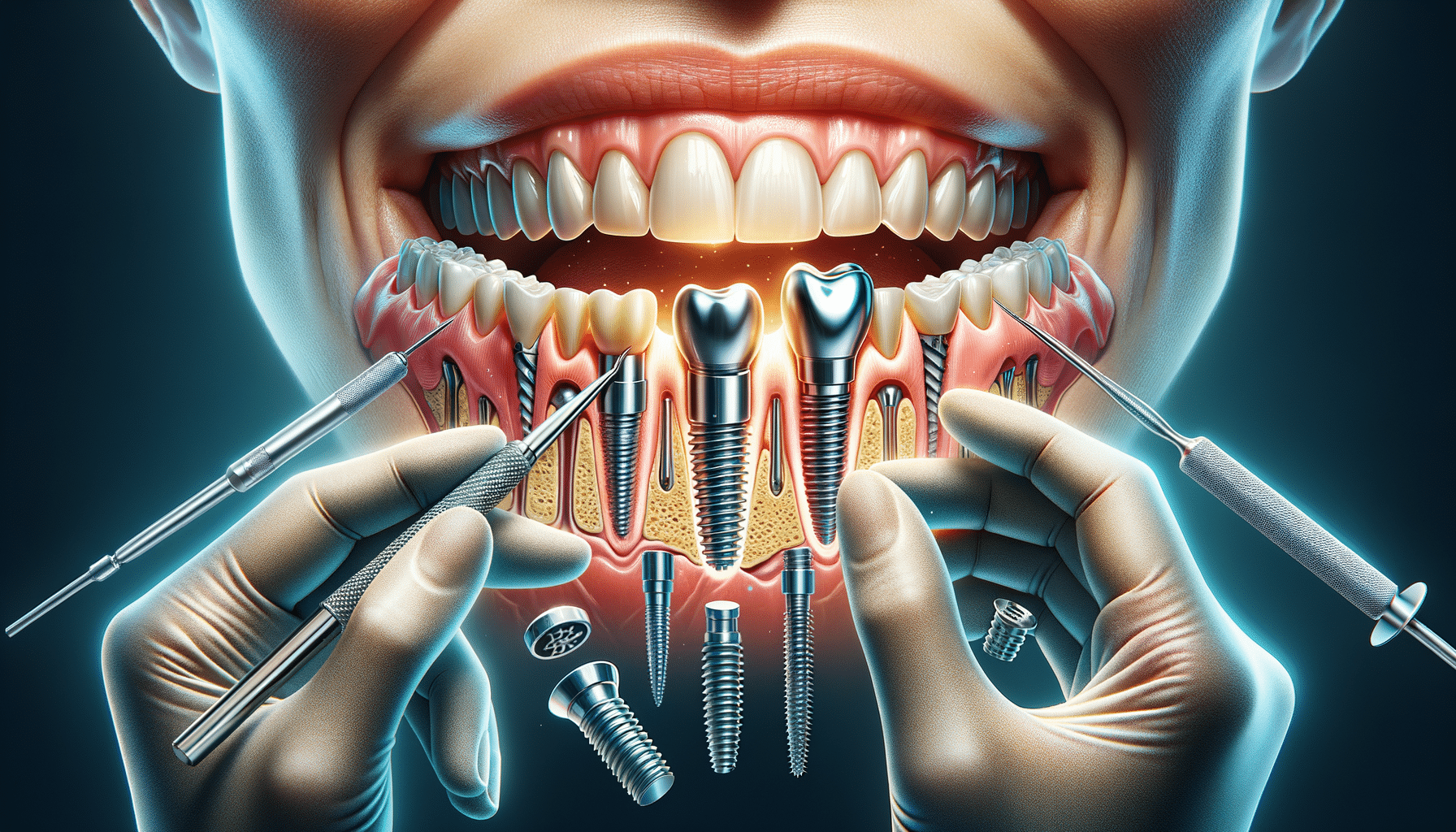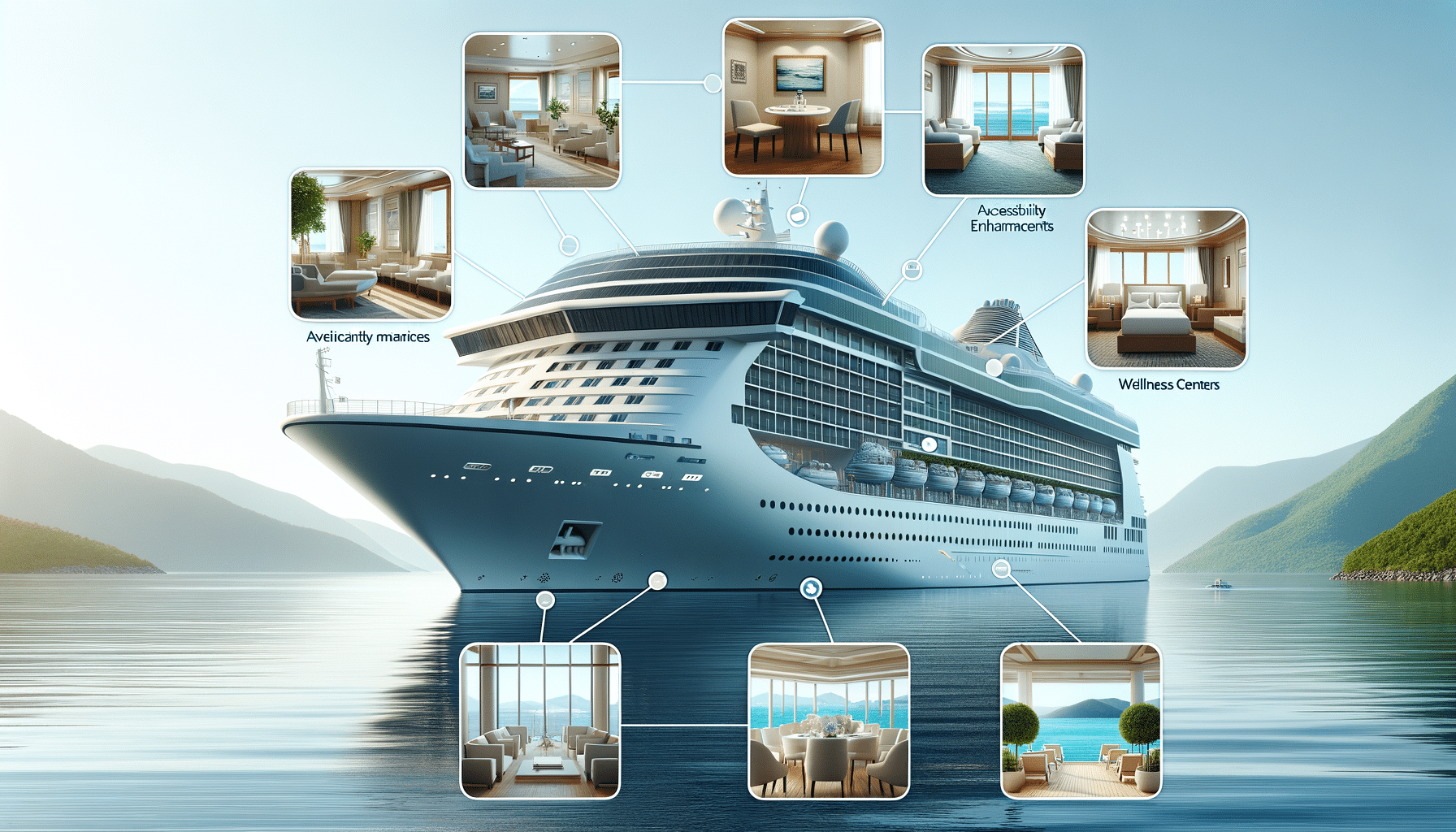
Advancement of Screwless Dental Implants as an Alternative to Traditional Dentures.
Introduction to Dental Restoration Options
Dental health is a crucial aspect of overall well-being, influencing not only our ability to eat and speak but also our self-confidence. As we age, or due to certain health conditions, we may lose teeth, which can significantly impact our quality of life. Traditionally, dentures have been the go-to solution for missing teeth. However, advancements in dental technology have introduced screwless dental implants as a modern alternative. This article explores the differences between these two options, focusing on their benefits, drawbacks, and costs, providing an in-depth understanding for those considering dental restoration.
Understanding Screwless Dental Implants
Screwless dental implants are a relatively new innovation in the field of dental restoration. Unlike traditional implants that require screws to secure the prosthetic teeth to the jawbone, screwless implants use a press-fit or friction-fit mechanism. This method not only simplifies the implantation process but also reduces the risk of complications associated with screws, such as loosening or infection.
One of the notable advantages of screwless implants is their ability to provide a more natural feel and appearance. The absence of screws allows for a more seamless integration with the jawbone, promoting better bone health and reducing the risk of bone loss over time. Additionally, the procedure for screwless implants tends to be less invasive, often resulting in quicker recovery times compared to traditional implants.
For individuals seeking a permanent and aesthetically pleasing solution to tooth loss, screwless dental implants offer a promising option. They are particularly beneficial for those who may have experienced issues with traditional implants or are concerned about the long-term health of their jawbone.
The Role of Traditional Dentures
Traditional dentures have been a staple in dental restoration for centuries. They are removable appliances that replace missing teeth and surrounding tissue, providing a functional and affordable solution for many. Dentures are typically made from acrylic resin, sometimes combined with metal attachments, to ensure durability and comfort.
While dentures are effective in restoring the appearance and function of natural teeth, they come with certain limitations. Over time, dentures can become loose due to changes in the jawbone structure, necessitating adjustments or replacements. Additionally, some users may experience discomfort or difficulty in speaking and eating, especially during the initial adjustment period.
Despite these challenges, dentures remain a popular choice, particularly for individuals who may not be suitable candidates for dental implants due to health issues or financial constraints. The lower initial cost and the non-invasive nature of dentures make them an accessible option for many.
Comparing Costs: Implants vs. Dentures
Cost is a significant factor when choosing between dental restoration options. Screwless dental implants generally have a higher upfront cost compared to traditional dentures. This is due to the advanced technology and materials used in the implant process, as well as the surgical expertise required.
However, it is essential to consider the long-term costs associated with each option. While dentures may be less expensive initially, they often require regular maintenance, adjustments, and replacements over time. In contrast, screwless dental implants, once successfully integrated, tend to have lower ongoing costs, as they are designed to last a lifetime with proper care.
Ultimately, the decision between implants and dentures should be based on a comprehensive evaluation of one’s dental health, lifestyle needs, and financial situation. Consulting with a dental professional can provide valuable insights and help determine the most suitable option.
Conclusion: Making an Informed Decision
Choosing between screwless dental implants and traditional dentures is a personal decision that depends on various factors, including health, aesthetics, and budget. Both options have their unique benefits and challenges, and understanding these can empower individuals to make informed choices about their dental health.
Screwless dental implants offer a modern, permanent solution with a natural feel, ideal for those seeking a long-term investment in their oral health. On the other hand, traditional dentures provide an affordable and non-invasive option, suitable for those with specific health or financial considerations.
As dental technology continues to evolve, patients have more choices than ever before. By staying informed and consulting with dental experts, individuals can find the solution that best meets their needs, ensuring a healthy and confident smile for years to come.


